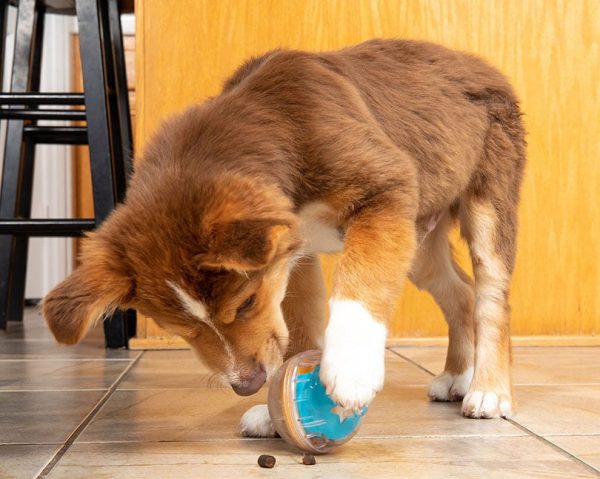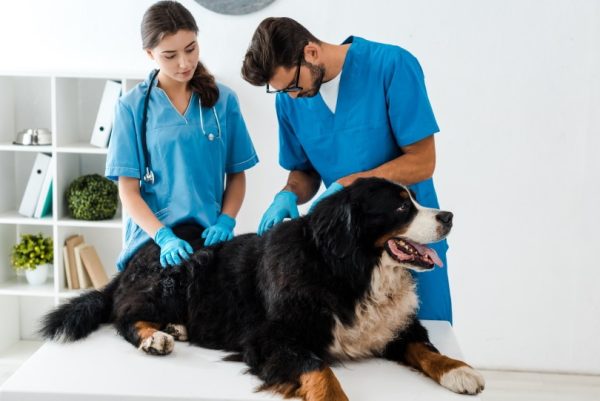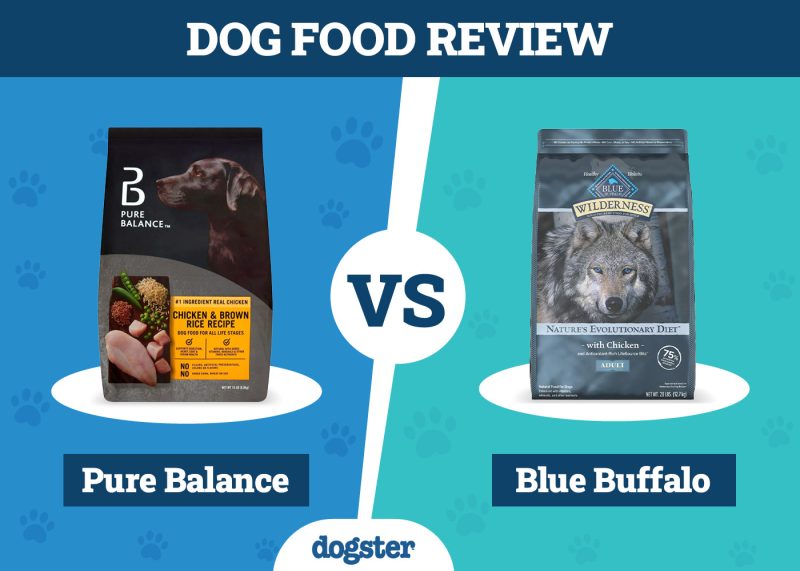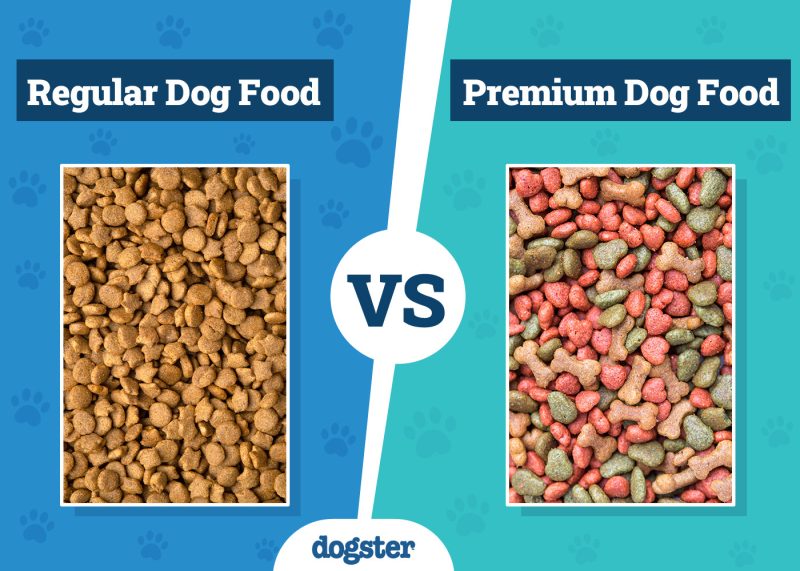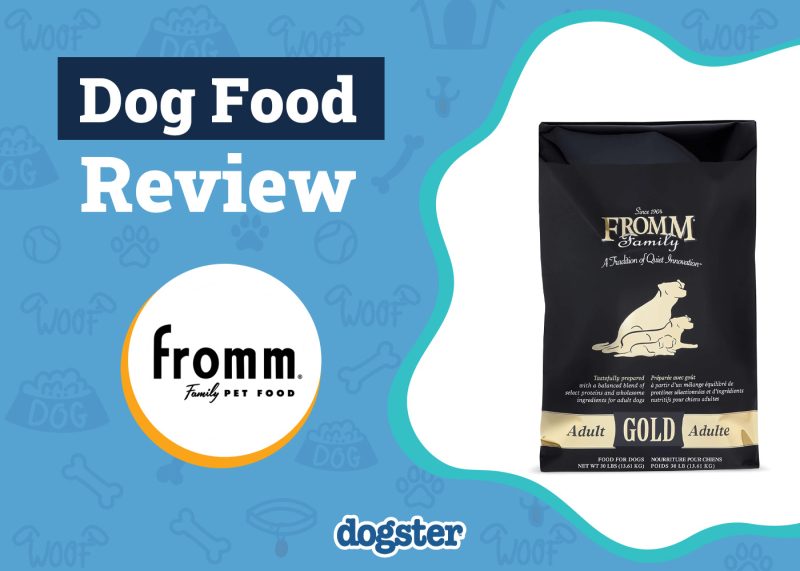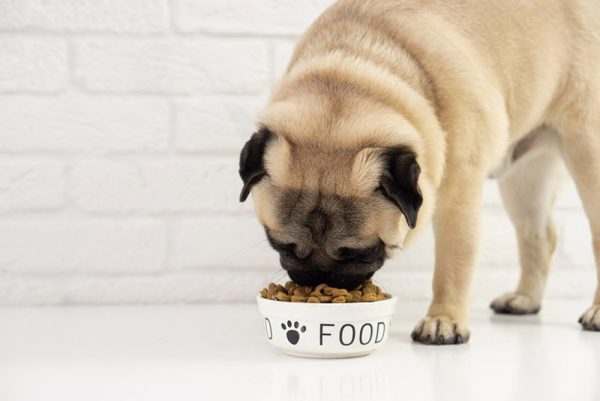Giving birth is a dangerous and challenging moment for all expecting mothers, and the dangers don’t always disappear right after the babies are born. You’ve probably heard of eclampsia and how it causes seizures in pregnant women, but many female dogs have to deal with eclampsia as well.
Unlike in humans, postpartum eclampsia is due to calcium levels instead of blood pressure. It isn’t highly common for canines, but it is life-threatening and is something that you’ll definitely want to keep an eye on if you have a nursing dog. So, how do you know if your dog has eclampsia and what are the ways to prevent it from happening?
Use this informative article as a guide for learning all about this condition and what your responsibilities as a pet owner are. This article has been reviewed by a vet, but it is not a replacement for veterinary clinical examination and advice. Speak to your vet if you think your pregnant or nursing dog is at risk of eclampsia.

What is Postpartum Eclampsia?
To put it simply, postpartum eclampsia occurs when there are low calcium levels in the blood of lactating dogs.1 Eclampsia often leads to seizures, muscle stiffness, weakness, and sometimes death, if left untreated. If you haven’t heard of this condition before, it also goes by the names puerperal tetany, postpartum hypocalcemia, and sometimes milk fever.
Believe it or not, it is often the good, attentive mothers that have a higher risk of developing eclampsia, which usually happens when the new pups are between 1 and 4 weeks old. Eclampsia could occur for a number of reasons, some of which include an excessive loss of calcium from the mother to her developing babies, milk production after birth, calcium supplements during pregnancy, or a hormonal issue with the parathyroid gland.
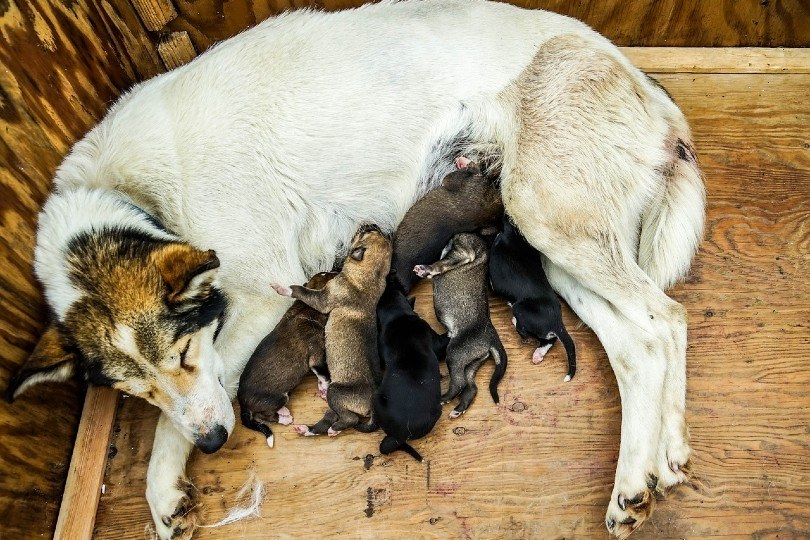
Signs of Eclampsia
As the owner, it’s critical that you understand how serious eclampsia is and, if you notice any signs of it, your dog must be taken to a veterinarian immediately. Signs of eclampsia usually start subtly and worsen as time passes.
Your nursing dog may have postpartum eclampsia if they show signs of weakness, muscle stiffness, trouble walking, disorientation, tremors, muscle spasms, panting, restlessness, excess salivation, fever, or seizures. You should always take unusual behavior seriously, but it is imperative with new moms because time could mean the difference between a long life for your dog and severe illness or even death.
Eclampsia signs usually come on suddenly and get worse in only a short amount of time. Without the proper treatment, your dog may soon experience seizures and go into a coma. The quicker you get your dog to a vet or animal hospital, the better chance they have at making it back home to you and their new babies.
Dog Breeds Most Likely to Experience Eclampsia
Small dog breeds are most at risk for eclampsia, and Chihuahuas, Toy Poodles, Miniature Pinschers, Pomeranians, and Shih Tzus all have a shared history of this condition. Large litters also increase the chance of a dog developing eclampsia.
After a new mom gives birth, the body goes into overdrive and produces milk a lot faster than it is able to absorb calcium. Once they begin lactating, the drop in calcium levels is often too significant for their bodies to handle. So, are there any methods to prevent eclampsia from happening?

Preventing Postpartum Eclampsia
It seems a little counterintuitive, but the best way to avoid eclampsia is to not give your pregnant dog any supplements with calcium. Supplemental calcium alters the body’s ability to regulate these levels independently and makes them drop once they begin lactating.
If your nursing pet is at a higher risk for eclampsia, a veterinarian might recommend starting supplements, but only towards the end of gestation. If your fur baby is at risk, the puppies may have to switch to a formula to help the mom maintain her calcium levels.
If you need to speak with a vet but can't get to one, head over to PangoVet. It's our online service where you can talk to a vet online and get the personalized advice you need for your pet — all at an affordable price!

How is Eclampsia Diagnosed?
You should already be taking your pregnant dog to the vet for regular check-ups, but if you’re not, always look out for signs of illness and take them for a diagnosis as soon as you suspect anything is off. Vets will gather as much information about your dog’s health, perform a complete physical exam, and collect a blood sample to evaluate their blood chemistry, organ function, and cell counts. Urine samples may also be collected so that the vet can make the most accurate diagnosis possible. Usually, if the tests reveal hypocalcemia and your pet shows common signs, eclampsia is the given diagnosis.
Treating Eclampsia in Dogs
Let’s say you noticed the signs early enough, and your dog is now in the care of a trained professional. Once diagnosed, your dog will be closely monitored and given intravenous calcium at slow rates. The vets and vet techs look for signs of complications like irregular or slowed heart rates to ensure that the treatment is working.
Once the dog’s calcium levels stabilize, they are most likely to be sent home, and the owners are responsible for giving their dogs both calcium and vitamin D supplements. When it comes to feeding puppies, a vet may recommend that you keep them from nursing for at least 24 hours and start weaning them off their mom’s milk as soon as possible, to reduce the risk of hypocalcemia happening again.
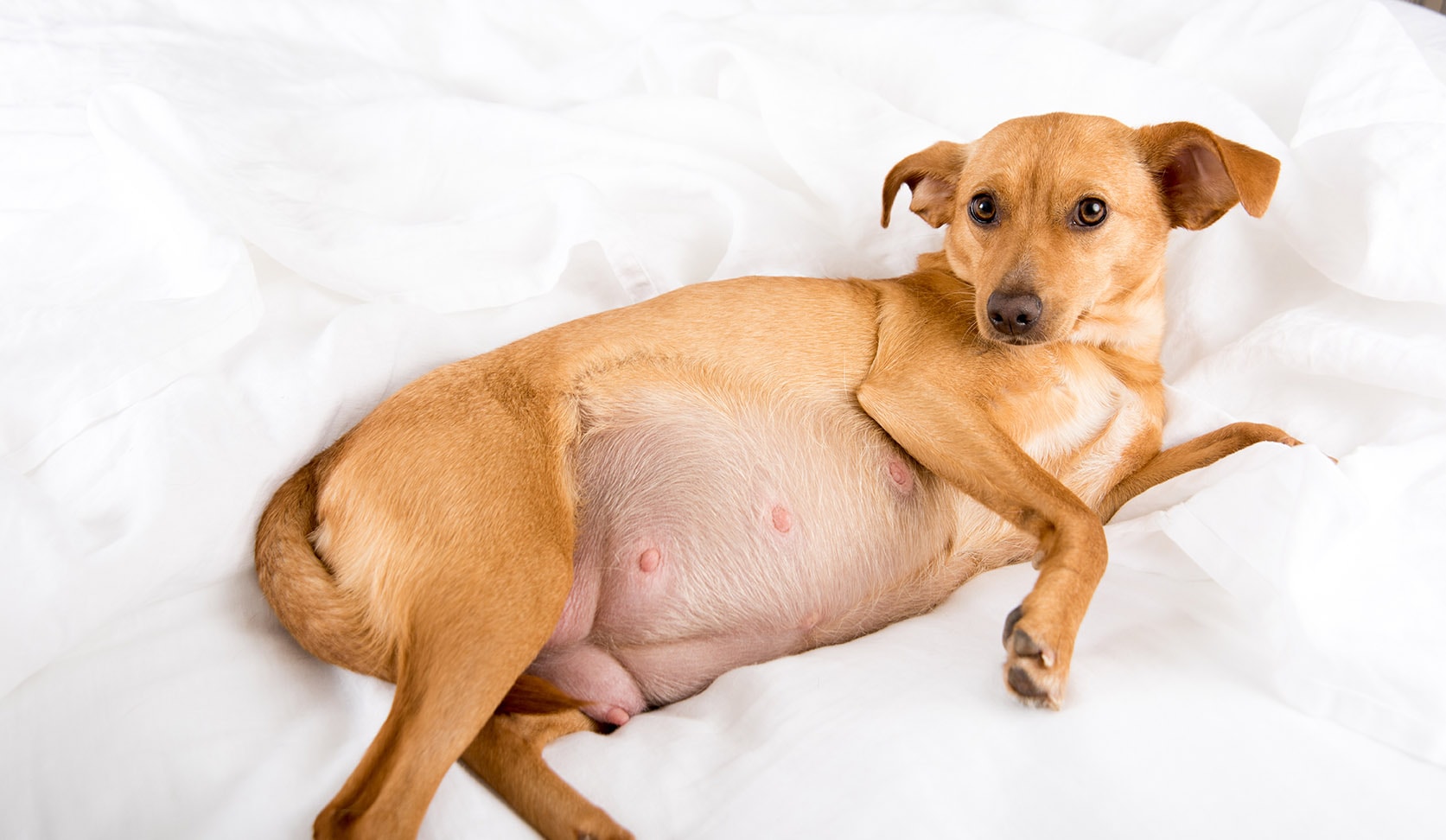

Saving Your Dog from Eclampsia
You love your dog because they are part of the family, and you want nothing more than to keep them and their newborn babies as healthy as possible. Pregnancy and birth can take a serious toll on the body, and there are a large number of problems that could arise during and after. The only way to keep this condition from happening to your dog is to take them on regular trips to the vet while pregnant and always keep a close eye on the behavior of the new mom. Time is of the essence, and getting her the immediate care she needs is the most important thing you can do.
Featured Image Credit: Marsan, Shutterstock



